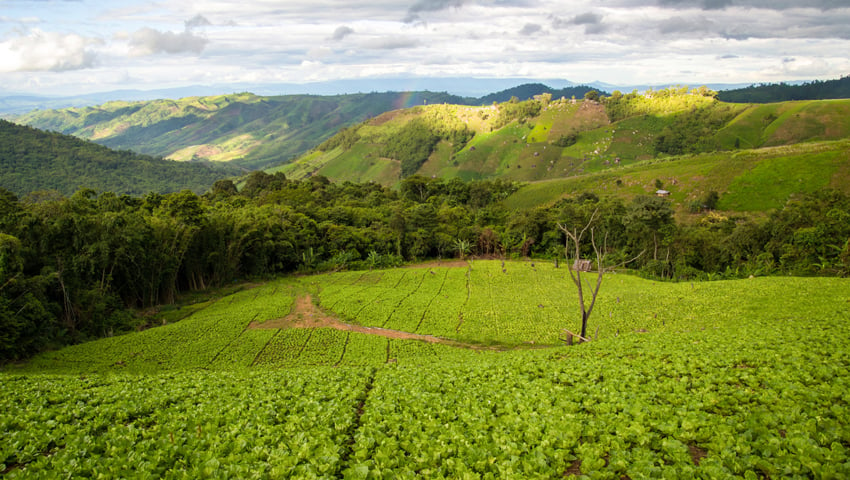From bees to earthworms, from coral reefs to rain forests – biodiversity helps to ensure our food diversity and must be key to transforming our food production systems, the Food and Agriculture Organisation said as it marked International Day for Biological Diversity.
FAO Director-General, QU Dongyu, said, “Biodiversity is the potential of food diversity in the future. Biodiversity is what we farm, catch, harvest and cultivate. It is what supports our food networks from pollinators to micro-organisms in our soils. It is what prospers livelihoods of farmers, forest managers and dwellers, fishers, livestock keepers and pastoralists across the world.”
By advocating for sustainable agricultural practices that safeguard biodiversity and enhance ecosystem resilience, FAO says it is helping to reduce a key driver of biodiversity loss and protecting vulnerable rural communities. By partnering with governments, civil society and the private sector, FAO is helping mainstream biodiversity across the food and agricultural sectors, across policies and programmes.
In concrete terms, this can mean anything from working to restore coastal mangrove forests which host a rich variety of fish species to supporting farming systems which help to preserve biodiversity for food and agriculture in a way that improves people’s nutrition and benefits the environment.
FAO has now launched its 2024–27 Action Plan for the Implementation of the FAO Strategy on Mainstreaming Biodiversity Across Agricultural Sectors.
The action plan sets out a wide range of deliverables and aligns with the Biodiversity Plan. It also includes FAO’s Biodiversity Knowledge Hub, providing a ‘one-stop shop’ to facilitate access to knowledge on biodiversity for food and agriculture. It compiles over 350 tools, guidelines and other resources on biodiversity developed by FAO that can be searched and filtered, including by targets of the Biodiversity Plan.
Key facts and figures:
- As much as 95 per cent of global food production depends on soil. Over one-third of soils are moderately to highly degraded
- About 50,000 wild species globally are fished gathered, logged, or harvested for food, feed, materials, energy, medicines or other purposes
- 35 per cent of crop production, depends on animal pollinators
- Coral reefs provide vital habitat for 25 per cent of the world’s known marine species
- Around 8,800 livestock breeds are used for food and agriculture and 28 per cent of local breeds are at risk of extinction
